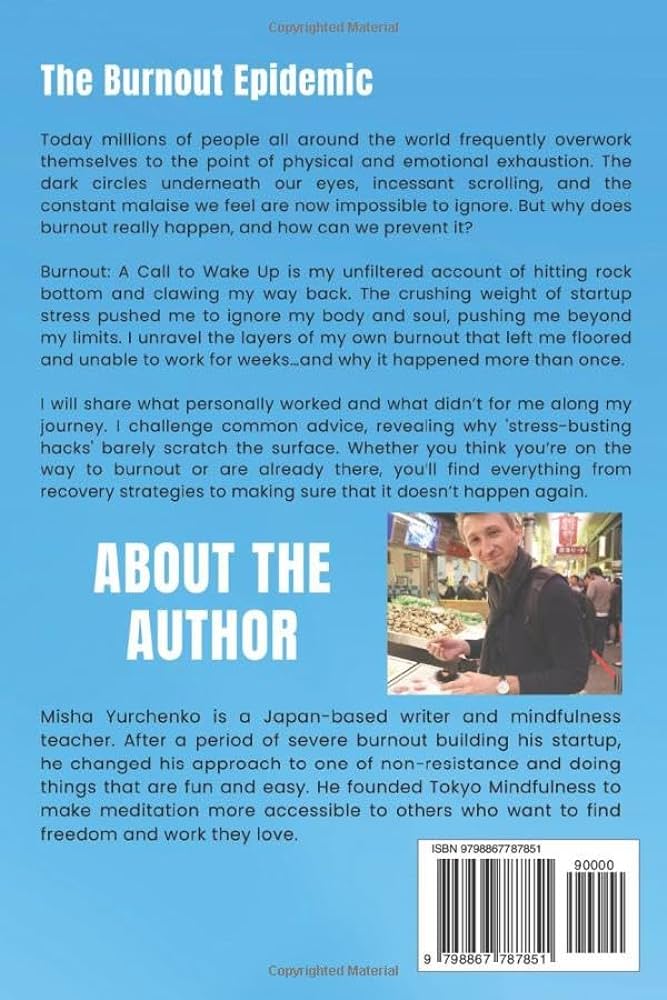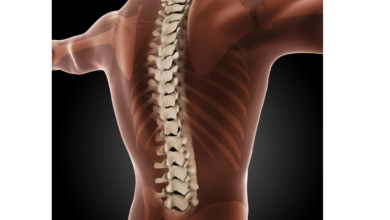
What Does Burnout Feel Like: Unveiling the Emotional Turmoil
Burnout feels like chronic exhaustion and diminished interest or satisfaction in work or daily activities. Burnout is a state of chronic exhaustion and disinterest in work or daily activities.
It leaves you feeling tired, unmotivated, and disengaged, making even simple tasks seem overwhelming. Burnout can affect all aspects of your life, including your physical and mental health, relationships, and overall well-being. It often occurs as a result of prolonged stress, excessive workload, lack of support, or a feeling of being overwhelmed.
If you’re experiencing burnout, you may also have difficulty concentrating, feel irritable or emotionally drained, and have a sense of cynicism or detachment. Recognizing the signs of burnout is crucial to prevent it from worsening and to take steps towards finding balance and rejuvenation in both your personal and professional life.
Recognizing Burnout
Burnout is a state of physical, mental, and emotional exhaustion caused by chronic work-related stress. It can occur when you feel overwhelmed, emotionally drained, and unable to meet constant demands. Recognizing the signs of burnout is crucial in preventing it from escalating into a more severe condition. By understanding the physical and emotional symptoms associated with burnout, you can take proactive steps towards recovery and self-care.
Physical Symptoms
When it comes to recognizing burnout, it’s important to pay attention to the physical signals your body is sending. Physical symptoms can manifest themselves in various ways, impacting your well-being and productivity. Here are some common physical signs of burnout:
- Chronic fatigue and tiredness, even after a good night’s sleep.
- Headaches or migraines that occur frequently.
- Insomnia or difficulty falling asleep due to racing thoughts and worry.
- Muscle tension and pain, especially in the neck and shoulders.
- Changes in appetite, either overeating or loss of appetite.
- Increased susceptibility to illnesses like colds, flu, and infections.
Emotional Symptoms
Burnout not only affects your physical well-being but also takes a toll on your emotional state. Recognizing these emotional symptoms can serve as an early warning sign of burnout. Here are some common emotional signs of burnout:
- Feelings of constant irritability, frustration, and anger.
- Difficulty concentrating or finding motivation for tasks.
- Decreased satisfaction and enjoyment in activities that used to bring pleasure.
- Emotional exhaustion and a sense of being drained.
- Increased cynicism and negativity towards work or life in general.
- Feeling overwhelmed and isolated, with a lack of support or understanding.
If you find yourself experiencing these physical and emotional symptoms, it’s essential to recognize them as potential signs of burnout. By acknowledging the presence of burnout, you can begin taking steps towards recovery and self-care. In the next section, we will explore effective strategies for preventing and managing burnout to restore balance and well-being in your life.

Credit: www.kyanhealth.com
Understanding The Emotional Turmoil
Exhaustion and overwhelming stress are common symptoms of burnout. It can lead to emotional turmoil as individuals experience feelings of emptiness, detachment, and a general lack of motivation and satisfaction in everyday life.
Understanding the Emotional Turmoil Feeling Exhausted When experiencing burnout, feeling exhausted becomes a constant companion. This fatigue goes beyond physical tiredness, seeping into every aspect of life. It’s a heavy, draining sensation that even a good night’s sleep cannot alleviate. Emotional and mental exhaustion can debilitate a person, making it difficult to find joy or purpose in daily activities.
Lack of Motivation Lack of motivation is another hallmark of burnout. Tasks that used to bring fulfillment and excitement now feel like burdens. The once-inspiring goals now seem unattainable and effort-consuming. This lack of drive can lead to decreased productivity and performance, further exacerbating the feelings of inadequacy and frustration.
Sense of Cynicism In the throes of burnout, individuals may develop a growing sense of cynicism. They may become detached from their work, colleagues, and even their own emotions. This emotional distancing can lead to increased stress and a negative impact on their relationships and overall well-being. The feeling of disillusionment can make it challenging to connect with others and find satisfaction in activities previously enjoyed.
Impact On Mental Health
Impact on Mental Health: Burnout significantly impacts mental well-being.
Anxiety And Depression
Anxiety and depression often accompany burnout.
Difficulty Concentrating
Difficulty concentrating is a common cognitive symptom of burnout.
Dealing With Burnout
Burnout can feel overwhelming and draining, affecting both your physical and mental well-being.
Self-care And Stress Management
- Prioritize self-care: Eat well, exercise, and get enough sleep.
- Practice relaxation techniques: Yoga, meditation, or deep breathing.
- Set boundaries: Learn to say no and limit work hours.
Seeking Support
- Talk to someone: Share your feelings with a trusted friend or therapist.
- Delegate responsibilities: Don’t be afraid to ask for help when needed.
- Take breaks: Step away from work to recharge and rejuvenate.
Prevention Strategies
Burnout can be a debilitating condition that affects your physical and mental well-being. To prevent burnout, it is crucial to implement effective strategies that promote a healthy work-life balance and prioritize self-care. Let’s delve into some key prevention strategies.
Setting Boundaries
Establish clear boundaries between work and personal life. Communicate your working hours with colleagues and avoid overextending yourself. Say no when necessary to avoid taking on more than you can handle.
Promoting A Healthy Work-life Balance
Take regular breaks during work hours to recharge. Prioritize activities and hobbies outside of work that bring you joy and relaxation. Practice mindfulness and meditation to reduce stress levels.
Frequently Asked Questions On What Does Burnout Feel Like
What Are The Five Symptoms Of Burnout?
The five symptoms of burnout include exhaustion, lack of motivation, decreased productivity, emotional detachment, and physical symptoms like headaches or pain.
How Do You Fix A Burn Out?
To fix burnout, prioritize self-care, set boundaries, and seek support from friends or professionals. Take breaks, engage in hobbies, and practice mindfulness. Evaluate work-life balance and consider delegating tasks or seeking a new role if necessary. Establish a healthy routine for sleep, exercise, and nutrition to replenish energy.
How Long Does Burnout Last?
Burnout duration varies: from weeks to months depending on severity, self-care efforts, and support.
What Is The Difference Between Exhaustion And Burnout?
Exhaustion is physical and mental fatigue from overwork. Burnout is chronic stress leading to feelings of ineffectiveness and detachment.
Conclusion
In light of the overwhelming effects and symptoms discussed, it’s clear that burnout is more than just feeling tired. It can lead to physical, mental, and emotional exhaustion. Recognizing the signs and taking proactive steps to manage it is crucial for maintaining overall well-being and productivity.
A clear understanding of burnout can empower individuals to make positive changes and seek support when needed.




